There is a lot that goes into business and marketing, and a handful of phrases or terms regularly appear. ‘Customer’ and ‘consumer’ are two of them, and they are often used interchangeably. This can lead to confusion about what each of the terms means, and what it means to be a consumer or a customer. In business, it’s important to understand the difference between a customer and a consumer. Though small and nuanced, there are key differences between the two.
Understanding the difference between customer and consumer helps a business to create effective marketing strategies, leading to improved customer relationships. Below, we have taken a look at what it means to be a customer and a consumer, and why understanding the differences is key.
What is the Difference Between a Customer and a Consumer?
The terms ‘customer’ and ‘consumer’ are often used interchangeably, with many people assuming that they mean the same thing. Though it can sometimes be hard to tell who is the customer and who is the consumer, and when the customer becomes a consumer, being able to distinguish the difference is important for a business in any industry.
- Customer – A customer is anyone – this could be an individual or business – that purchases goods or services from a business. A customer can be someone who is purchasing goods for themselves, known as a final customer, or someone who is purchasing goods to sell on, known as a trade customer. Being a customer involves engaging in a transactional relationship with a business, exchanging money for products or services. Customers are a key part of what makes a business money.
- Consumer – A consumer is slightly different to a customer, as a consumer is always the end user of a product or service. Regardless of who purchased the product or service, a consumer is always the person or business who consumes and benefits from it. A consumer isn’t always the person or business making the purchasing decision and handing over the money, this is the customer, but they are always the one consuming it at the end.
A customer purchases a product or service, but they might not be the end user. A consumer is the end user of a product or service, but they might not have purchased it. For example, a customer could buy a product and then gift it to the consumer. A customer could also purchase a product and then let consumers use it, in the same way that schools purchase computers, and then students use them.
Sometimes, it’s possible to transition from being a customer to being a consumer. For example, if someone purchases groceries at a supermarket, they are the consumer. But, when they use the groceries to make a family dinner, the family becomes the consumer.
Why Does the Difference Between a Customer and a Consumer Matter?
Recognising the difference between customers and consumers is vital, as this knowledge enables a business to better understand buyer behaviour, tailor marketing strategies effectively and build long-lasting consumer or customer relationships. Without fully understanding the difference between the two, a lot of guesswork is needed.
- Better Understand Buying Behaviour – When you know the difference between a customer and a consumer, you can better understand buying behaviour. Whereas customers make the purchase decision, consumers influence and guide future buying decisions. Through their experience with the product or service, consumers can dictate what a customer buys in the future.
- Tailoring Marketing Strategies – Differentiating between customers and consumers helps you to tailor your marketing strategies accordingly. Marketing efforts targeting customers usually focus on pricing and features, whereas marketing efforts aimed at consumers tend to highlight usability, satisfaction and experience.
- Customer and Consumer Satisfaction – Once you have determined what a consumer is and what a customer is, you can focus on satisfaction. You can develop strategies that prioritise customer satisfaction, whilst also enhancing the overall consumer experience. You need to encourage customers to continually choose your business, by highlighting the positive experience consumers are having
- Improved Product Development – By determining the difference between customers and consumers, you can refine your product development processes. Understanding the end user’s expectations and preferences helps you to create products that appeal to customers, whilst also appealing to consumers and driving demand.
Should Your Business Market to Consumers or Customers?
A successful business should market to both consumers and customers, and you need to recognise the key roles that each plays in the purchasing process. When you market to customers, you are marketing to those who make the actual purchase. Marketing to customers involves strategies that attract them to choose your products or services over competitors. As customers engage in a transactional relationship with the business, marketing efforts often involve building relationships, offering promotions and ensuring customer satisfaction to encourage repeat business.
As consumers are the individuals who use or benefit from the product or service, marketing to them should involve strategies that enhance their experience and satisfaction with the actual product or service. Consumer marketing should highlight the usability, features and overall experience of using the product or service. This often involves sharing information about the product or service, customer support and creating positive associations with your brand.
Though there are certainly similarities between customers and consumers, they are two different target audiences. This is why it’s important for your digital marketing strategy to factor in both, ensuring that consumers and customers alike are aware of who you are and what you do. At Profici, we create effective digital marketing strategies with everyone in mind. Regardless of who you are targeting and what you have to offer, we tailor our marketing approach to your business. To find out more about Profici, get in touch with our talented team.

Latest Posts
-
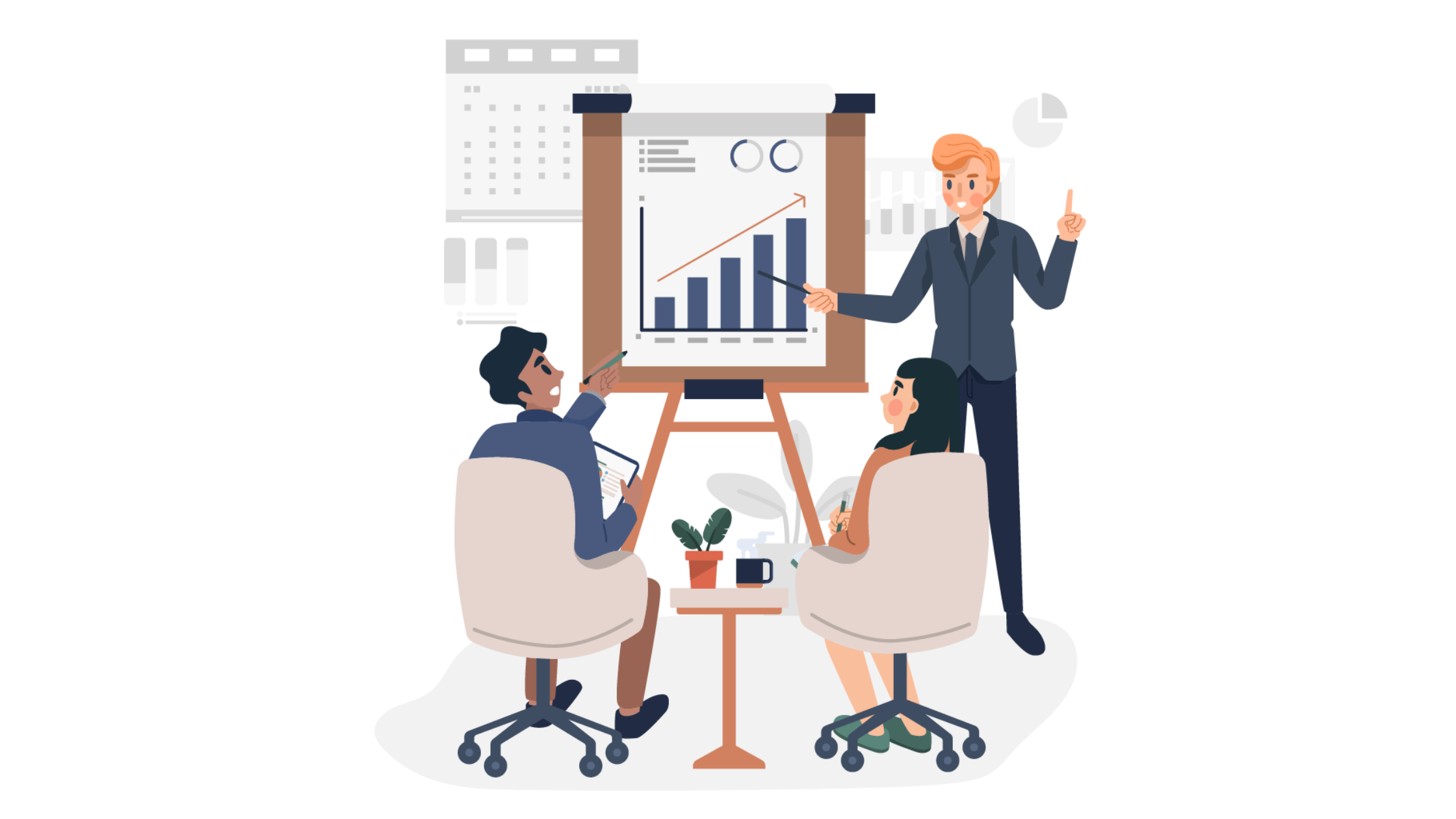
The 4 Types of Corporate Strategy to Help Grow Your Business
-
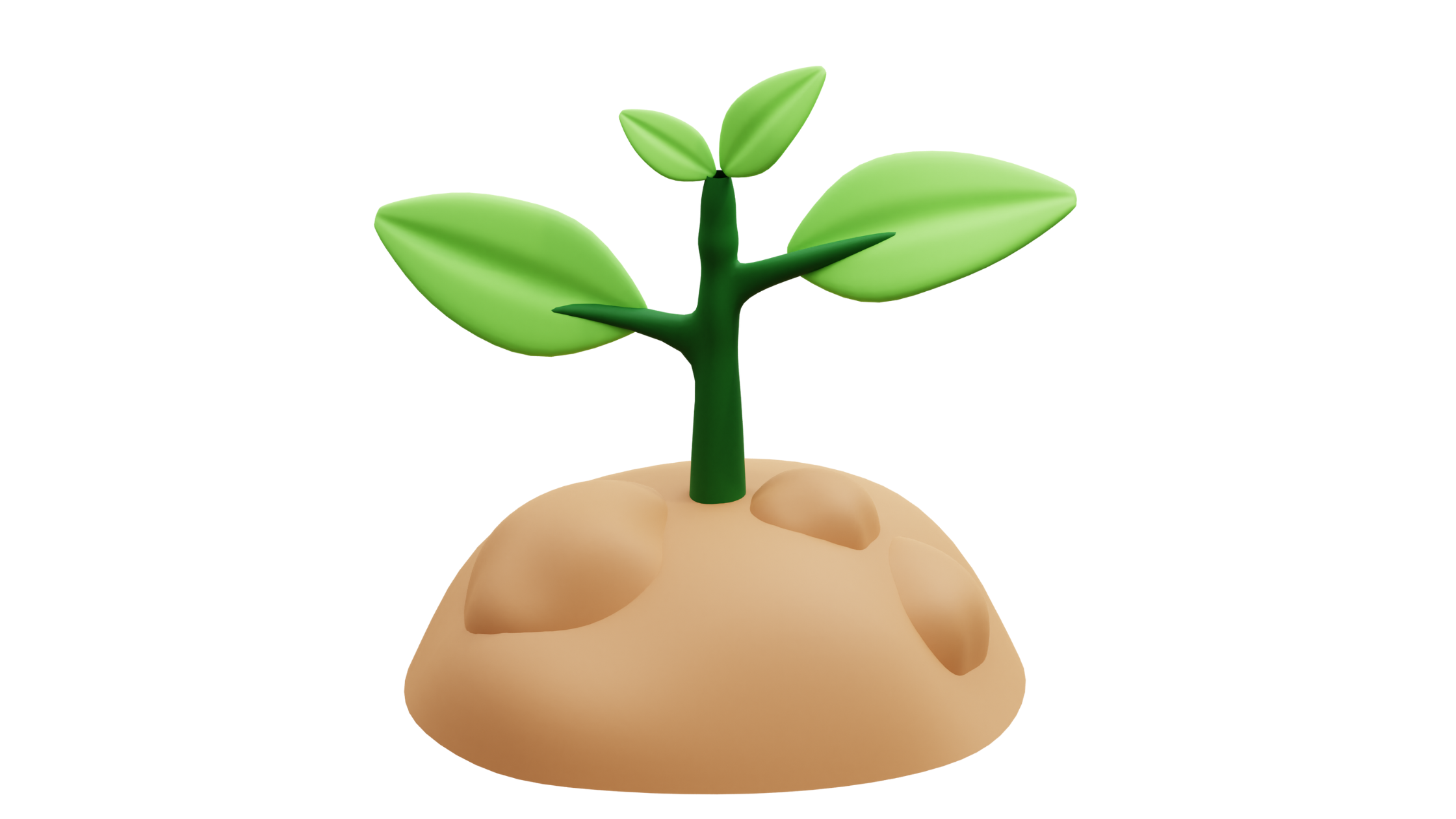
Organic Growth for Your Business: What Is It & 9 Proven Strategies
-

Running a Successful Business: 8 Pro Tips
-
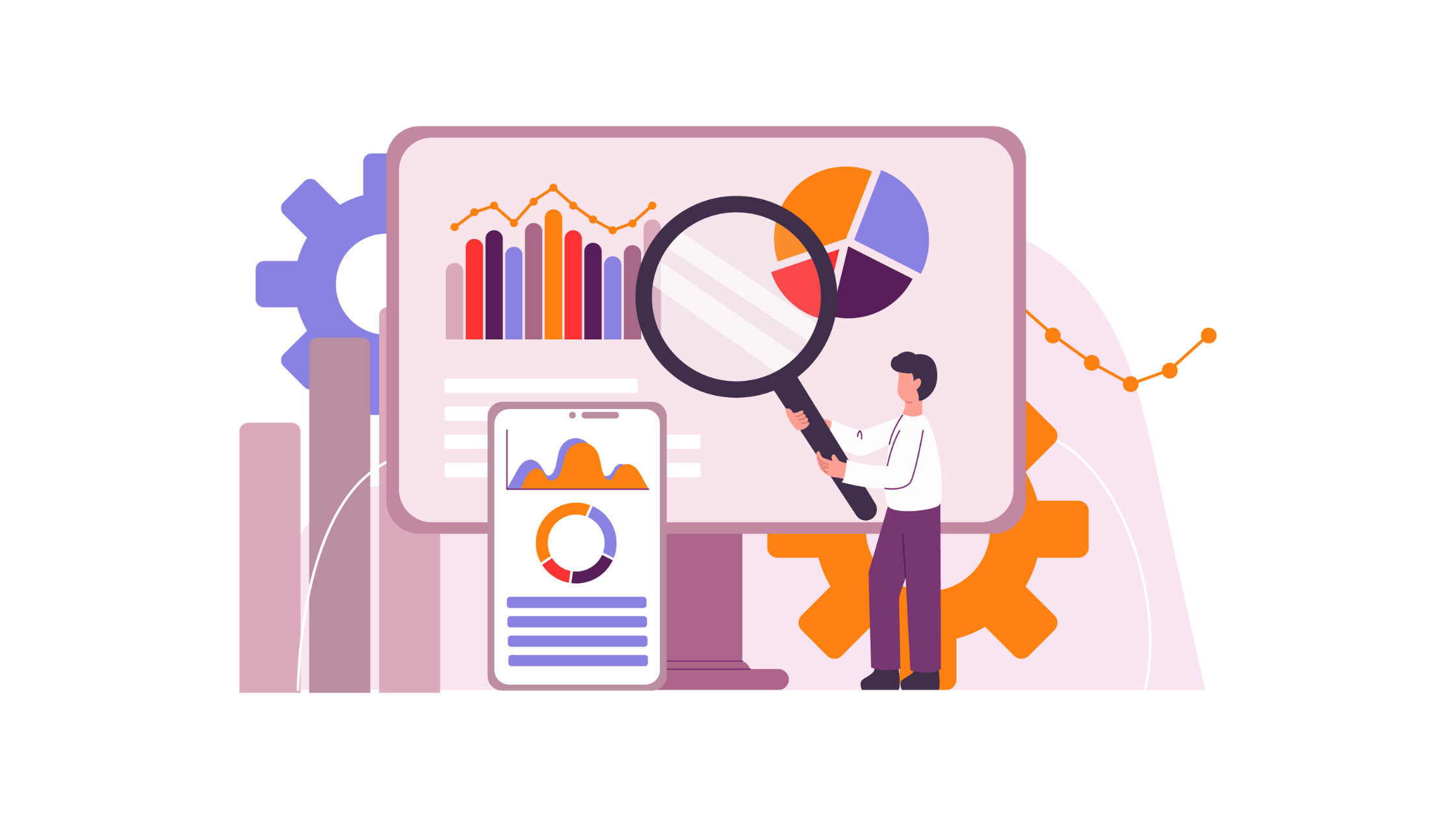
Become A Competitor ‘Mind-Reader’: How To Take Your Competitor Analysis To The Next Level
-
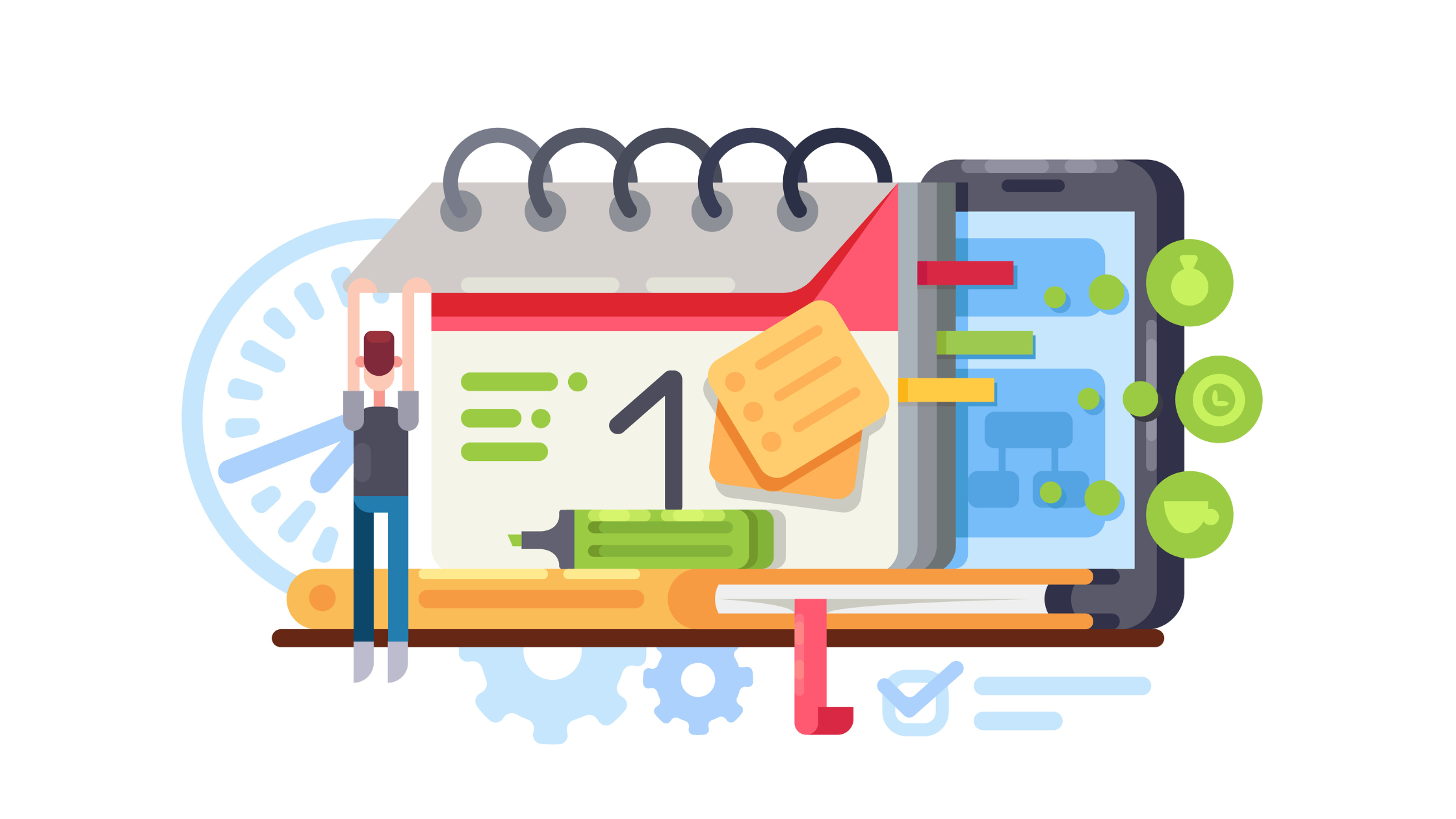
How to Stress Test Your Value Proposition: Delivering Uniqueness Versus The Competition
-
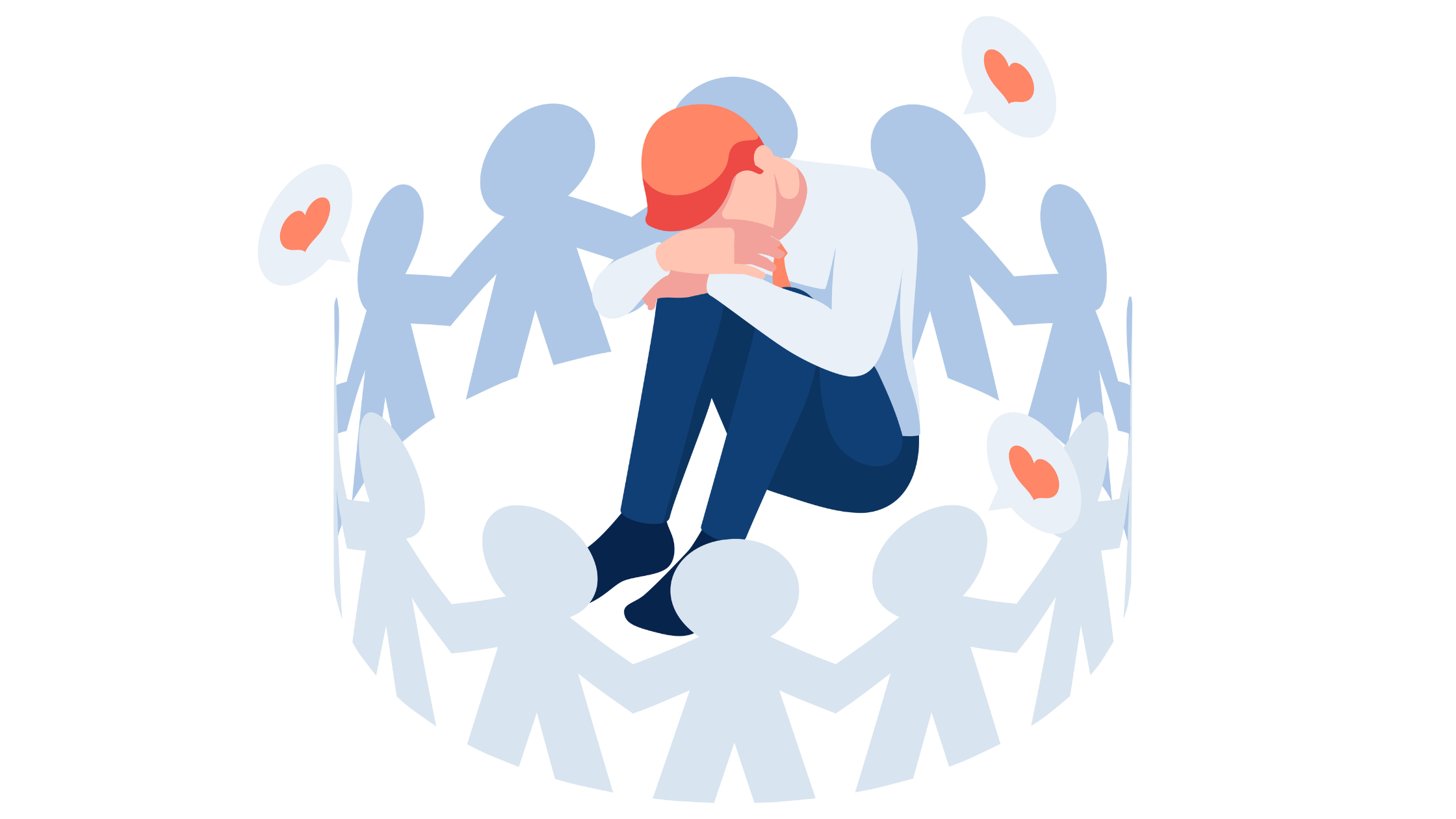
Nurture and Sustain Team Health
-

Prune Your Leadership Team to Encourage Future Growth
-

Three Ways to Build Great Teams
-

Welcoming Matt Lumb as the New CEO of Profici
-
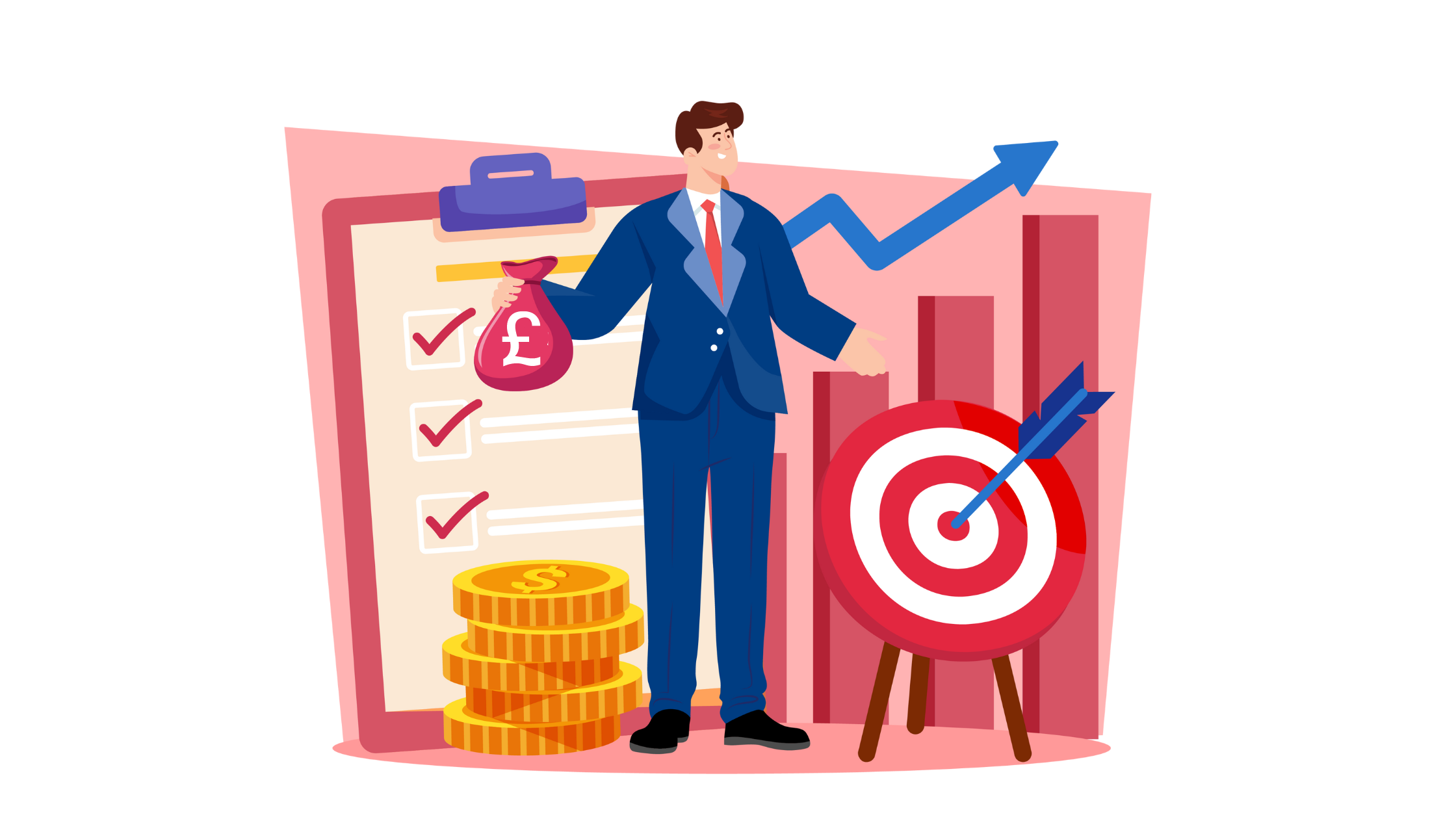
What to do when you Miss your Sales Goals

